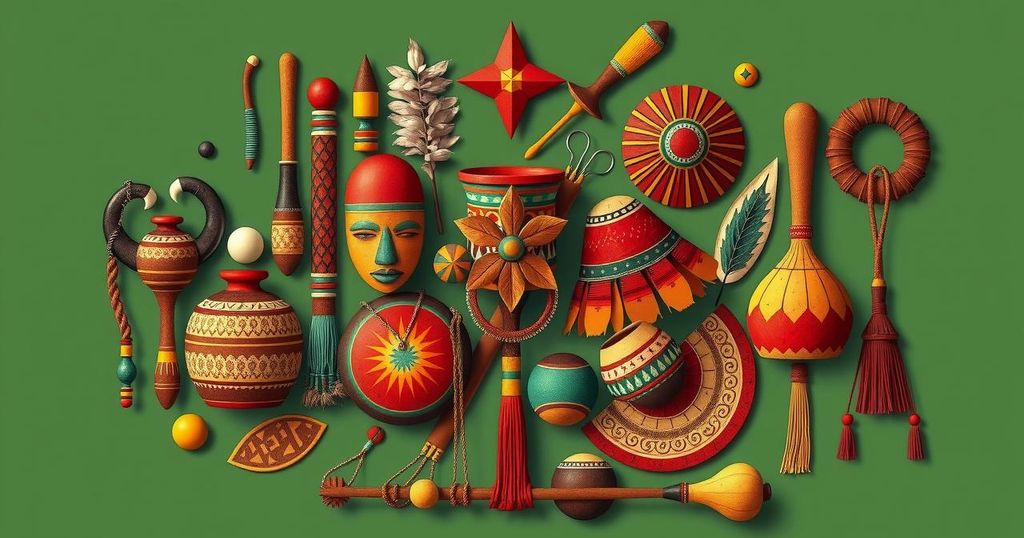Tensions rise in South Sudan as the peacebuilding minister is arrested, escalating an ongoing dispute between President Salva Kiir and First Vice President Riek Machar. This followed similar arrests of other officials allied with Machar amidst intense fighting involving the White Army militia. Analysts warn that this could prompt retaliatory responses from opposition-linked armed groups.
In South Sudan, tensions are escalating as forces loyal to President Salva Kiir have arrested the peacebuilding minister, Stephen Par Kuol, amid a contentious dispute involving First Vice President Riek Machar. Kuol’s arrest followed the detainment of several other officials allied with Machar, including the petroleum minister and senior military figures, heightening fears of renewed civil conflict.
This wave of arrests coincides with violent confrontations between government forces and the White Army militia, primarily composed of Nuer ethnic members supporting Machar. The government has not officially addressed the arrests; however, Information Minister Michael Makuei alleged that Machar’s forces had collaborated with the militia in attacks against a military garrison in Upper Nile.
The White Army previously allied with Machar during the devastating civil war from 2013 to 2018, which resulted in approximately 400,000 fatalities and 2.5 million displacements. Although a peace agreement was reached in 2018, localized violence persists, exacerbated by the ongoing civil conflict in Sudan, which has increased the availability of arms to various groups.
Kuol was instrumental in the 2018 peace negotiations, and his arrest has drawn condemnation from church leaders who warn that the growing insecurity and political strife could jeopardize existing peace. In light of these developments, analysts suggest that the precarious situation may provoke retaliatory actions from armed groups against government forces in the Upper Nile and Jonglei regions.
The South Sudanese government had already postponed national elections, originally scheduled for 2023, extending the timeline to December 2026, citing the need for further preparation. The future remains uncertain as tensions rise amid calls for dialogue and peace.
The current situation in South Sudan represents a significant escalation in political conflict, with the arrest of key figures allied with Riek Machar potentially igniting further violence. Church leaders and analysts alike are calling for dialogue to address the growing tensions, as previous peace agreements teeter on the brink amidst ongoing instability. It is vital for all parties involved to seek a peaceful resolution to avoid the severe repercussions reminiscent of past civil wars.
Original Source: www.straitstimes.com




